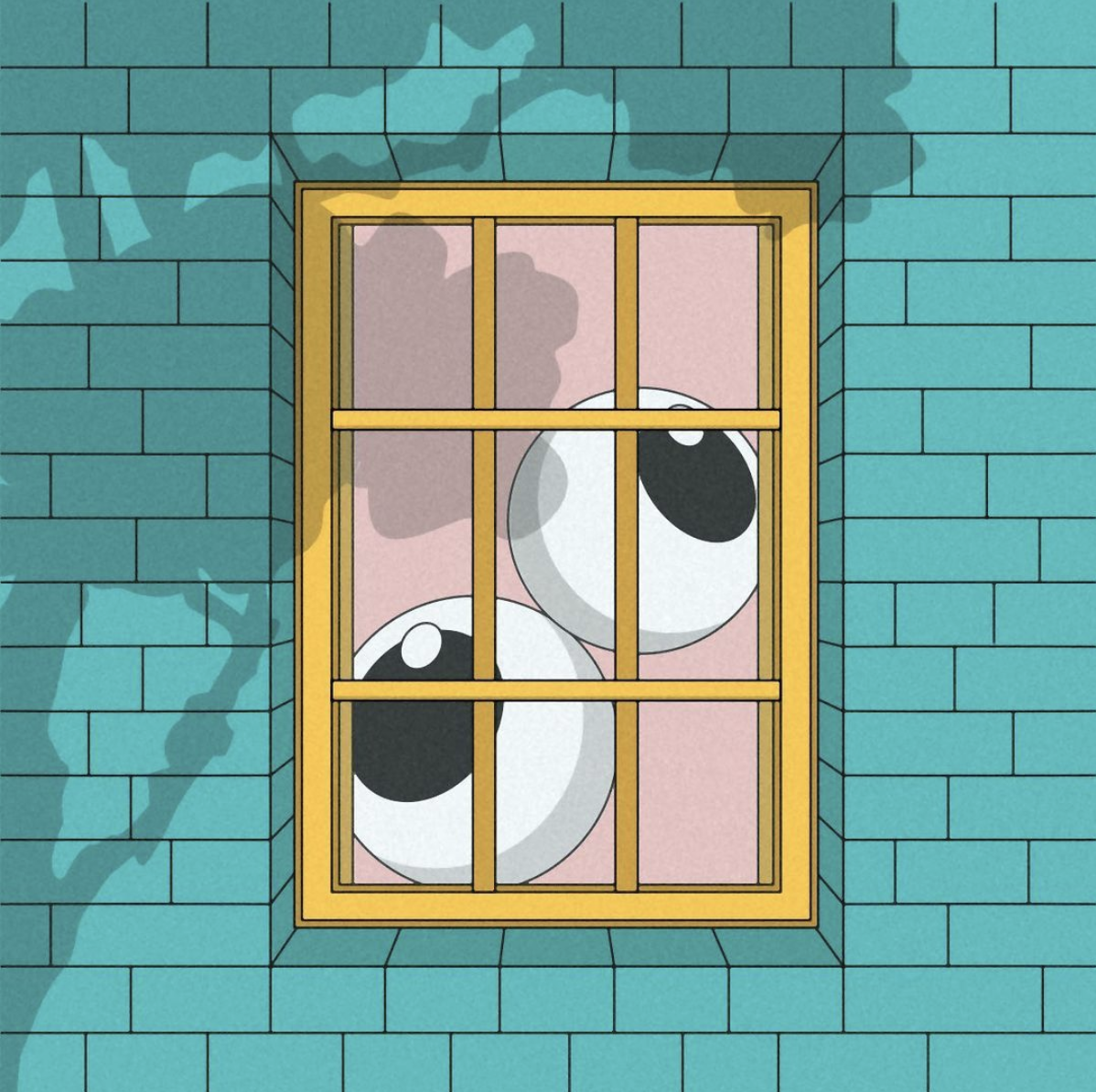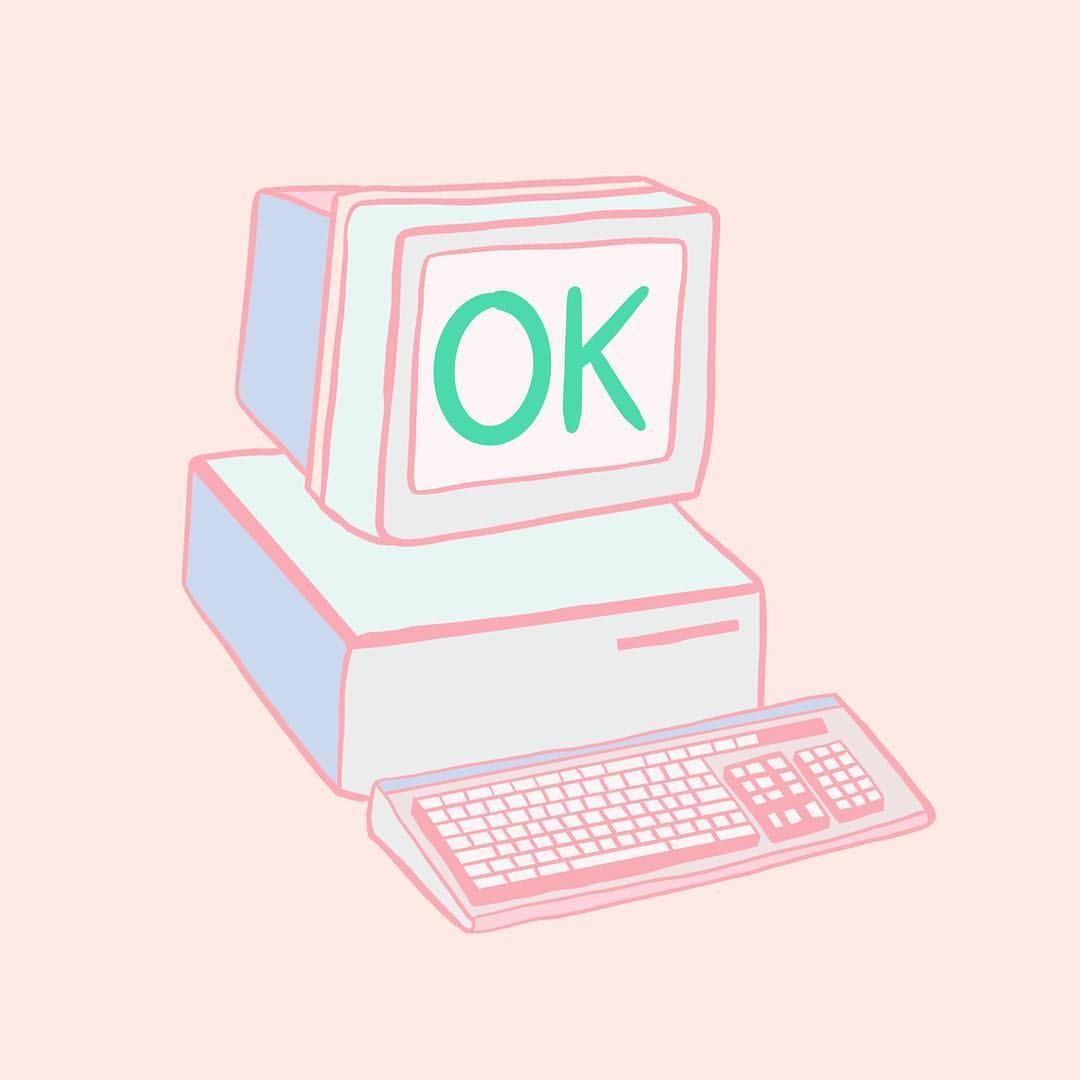6 things I learned from digital work and 6 things I learned from remote work
Reflections on transitioning from a theatre director in a theatre to a digital experience maker in my kitchen.

Above image by Mariano Pascual
Back in the day I used to be a theatre director and devisor. When we moved to making interactive digital stuff a few years ago, it was a massive culture shock. Gathering people in a room to actively participate in a work they were experiencing through iPads was a big leap from the trad theatre I’d been making before. I was just about getting used to the process of making these live, co-located interactive experiences (like The Justice Syndicate and If I Were You) when we were plunged into this pandemic and had to change everything all over again. Like many others, we moved to remote day-to-day working, as well as adapting shows so that audiences could participate from their homes.
I learned a lot from these two huge transitions. I'll start with six things we learnt from the digital transition – all things that became amplified during the remote transition, which I'll get to later.
1. Things take longer to change (sometimes)
Humans are AMAZING. You can tell a human to do something different and they can instantly do it differently. With computers, that often isn’t the case. Some things can take a VERY long time to change. When I first started working with digital technology, I longed for the nimble, adaptable abilities of the humans I was used to directing. We quickly learned the value of doing paper prototypes, where we could test the structure, content and interaction dynamics of our work using papers, pens, photos and bits of cardboard to see how they worked, before the time-consuming process of committing them to code. Having said this, some things are quicker with computers than they were in the theatre. We can change the colours of the online platforms where our work takes place at the stroke of a key, whereas the process of re-painting a theatrical set would take a long time and a lot of paint.
2. There’s often less time to have a rehearsal process with actors
In most of our work now, actors appear in either video form (as in The Justice Syndicate, The Evidence Chamber, If I Were You and so on) or in audio form (as in National Elf Service, The Window and Bad Altitude). This can mean that we don’t have the luxury of a long rehearsal process focused on acting that I used to love when we made theatre. This is one of the things I miss the most. The devising process is still a really exciting one, but the rehearsing of acting tends to be quicker. For this reason, having a shared language or shorthand with the actors we work with can be super helpful.
3. Editing is authorship
I’m totally not the first person to have thought this, but I've really learned how true it is lately. Totally different to theatre. With film and audio you can ask actors to do things in a range of different ways and then choose between takes in the edit to craft the rhythm or feel that the piece requires. Depending on whether you actually remember to get another take once the flock of magpies finish having their epic battle right next to where you’re filming (yes, that did happen to me, yes, I did want to shoot them, yes, I am glad that I live in a country where it is difficult to buy a gun).
4. Check, check and check again
Another amazing thing about human performers is that they can filter out your typos or make things better than the way you wrote them. People have spotted errors in things that I have checked multiple times. Computers, however, say exactly what you’ve told them to say, which can be lovely but does tend to lay bare all your mistakes. Sometimes these mistakes don’t really matter, but when you've told the computer a mis-spelled answer to a question that a player needs to input in order to move through the game, this poses a significant problem. And in the context of mysteries or thrillers, mistakes can seem to be intentional clues that lead the players down a rabbit hole of red herrings.

5. Test, test and test again
Back when we made theatre, work-in-progress performances were kiiiiind of useful in that they focused the mind on getting material ready to perform and were a good way to get partners on board, but I always found watching the audience watch the show more useful than the feedback they gave. (I appreciate this is controversial and many theatre makers will feel differently). Since making digital work, feedback from iterative testing has become central to our process. We can see how people interact with both the technology in the piece and each other, as well as having the chance to ask questions about their experience to find out whether it matched what we were trying to do.
6. Groupthink is sooooo powerful
We ought to know this, having made a whole show about it, but I’m struck by it time and time again. In our interactive work (where audience members are guided by tech only, rather than a live human), different groups can get hold of different ideas and fixate on them, while quickly dismissing ideas on which other groups fixate. This is normally merely a fascinating part of the experience, but it can lead to groups deciding that certain things are not possible within a piece while other groups do those things immediately. We've found this to be the case in our current project Bad Altitude, for example, where there’s a moment that players need to leave the experience to search the wider internet. We realised this is something we have to clearly signpost, as some groups decide it’s not permitted within the piece.
...And then the pandemic came and we had to learn how to make work all over again. While the things above still apply to our process on remote digital pieces as well as previous co-located outings, the next six things we learned specifically from remote work over the last (eek) 11 months.
7. Different devices are, well, different
For pre-pandemic performances, we were able to provide the devices on which people experienced our work. This meant we could ensure that everyone was using the same device (often iPads) with the same software version, and that we could carefully test that everything was working correctly on each device before we opened the doors to our audiences. Since we’ve been working remotely, people have been accessing our work on their own devices (smartphones for Smoking Gun, laptops or computers for The Evidence Chamber and laptops, computers or tablets for National Elf Service and Bad Altitude). We do our best to replicate all possible conditions while testing work internally (I am now the proud owner of an Android phone despite being a Mac geek) but we also arrange play-tests with folk who have different devices and browsers. Even doing this, we haven’t been able to catch absolutely everything. We’ve encountered people with truly ancient browser versions or CIA-standard security settings which Joe has had to negotiate mid-show.
8. Different people will see different things (literally)
This has been one of the hardest things for me to get used to coming from a theatre background. I used to be able to sit in a theatre and see the same thing that the audience would see. Sure, I’d have to move around the different seats a bit, but that was pretty easy to do. And also, obviously, people would read things differently and make meaning in their own way, but I could at least see what they were seeing in the most literal sense. Sometimes, as a result of point 7, above, I literally might not know what one of our pieces looks like on a different device during the testing process. A new thing we’ve been doing while testing Bad Altitude is to ask play-testers to screen-record as they play, allowing us to see what they are seeing and find bugs that are unique to their tech set-up. At the end of all these tests and fixes, we’re pretty confident that it looks very similar for all players, but it's taken us a while to get there.

9. You have less control of the situations surrounding people
Really obvious, but important. In a theatre you can control light and sound and take people through a ritual that builds up to a focused experience. When people are experiencing your work from their own homes, you have no control over what’s going on around them. For The Evidence Chamber, we asked people to turn off their mobile phones, wear headphones and make their browser windows full screen which went a long way to helping them focus (as audience members commented) but we were still unable to prevent them being distracted by housemates, offspring, animals and sirens. This has been a hard process of letting go but something that we've been forced to accept.
10. Things that you think are too clear and absolutely intuitive are probably not clear and intuitive enough.
In nearly every project we make, we have a moment where we say “no, we can’t do that, it makes things too obvious” and we do something more subtle and then in a play-test people will say “I wasn’t clear about what I was supposed to be doing” so we revert to the idea we had initially dismissed as too obvious. This isn’t because people are stupid but because it's hard to make things clear in written form. Point 6 also applies here – if someone in the group gets it then all the others do too but if a group doesn’t pick up on something then they can get stuck. This is also somewhat true of our live work but at least then we are physically present and can intervene if absolutely necessary.

11. Internet speeds vary enormously
No shit Sherlock, I’m sure you will say, but this can have a huge effect on our work. There seems to be lots of regional variation in the UK but also from household to household. For The Evidence Chamber, we gave players a link to check their internet speeds in advance but even then, it would be fine when they checked but different when they played, based on the time of day or other people using the network. It was particularly challenging when two people in the same household were playing in different rooms. This was a whole new challenge for us – with our pre-pandemic work we’d always brought internet with us so we could guarantee it would be reliable. (Rachel expanded on the difficulties of internet access last year, too)
12. Collaborating remotely is tricky and it’s not helpful to pretend it isn’t.
I’m sure that everyone has found this to be the case over the last eleven months. We hadn’t thought it was too bad because we work remotely quite a lot anyway and overall we don’t mind zoom calls as much as many people do. What has been tricky for us though is that we used to go on residencies or arrange to be in the same physical space during the more intense phases of projects, particularly the initial devising phase and the “getting ready for the final performance” phase. We still communicate with each other loads but occasionally someone hasn’t checked something with someone or hasn’t realised that the work they are doing has been rendered unnecessary by something someone else has been doing. I feel like this would have happened less often if we had been in a physical space together as the barriers to asking someone a question would be even smaller and it would be even easier to see what others are doing. We’ve put a range of things in place this year to help with this but it still isn’t quite the same and it really isn’t helpful to pretend that it is.
Looking back on these points, I’ve focused on a lot of the challenges we’ve faced, since it’s where I’ve learned the most. But the shift to creating remote work has brought a lot of joys as well, and I’m really grateful for them. One has been the amazing opportunity in pieces like The Evidence Chamber, to have a jury of players from different countries around the world discussing what justice means. Another has been to discover a whole new genre of work – interactive audio dramas combined with puzzle games – which I don’t think we would have made had it not been for the pandemic. Our first was National Elf Service and the latest is Bad Altitude.

